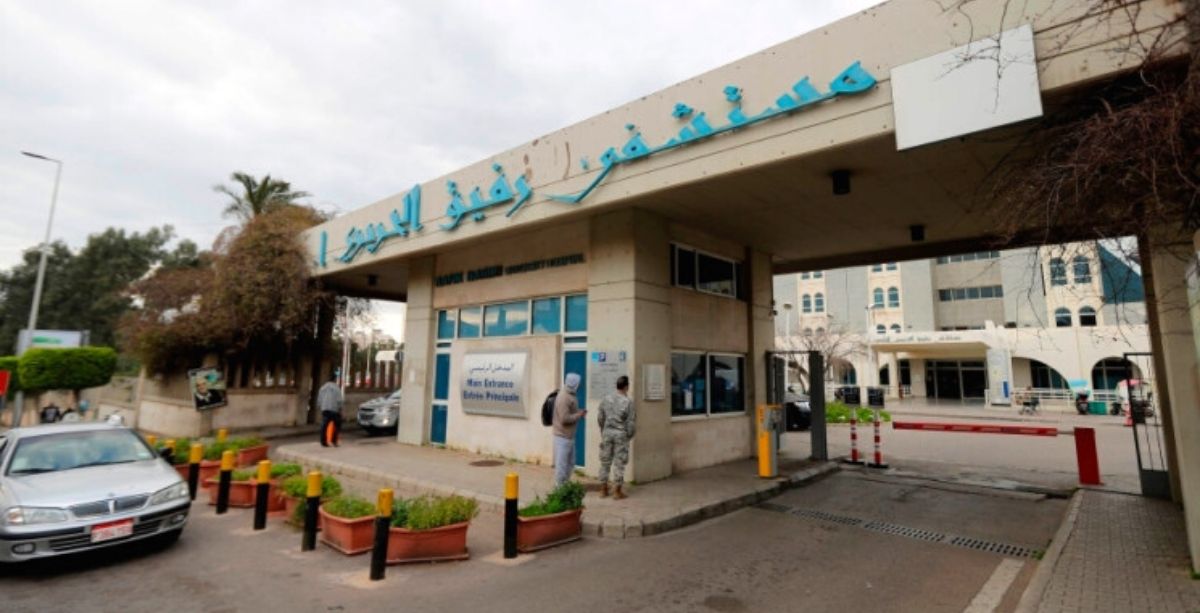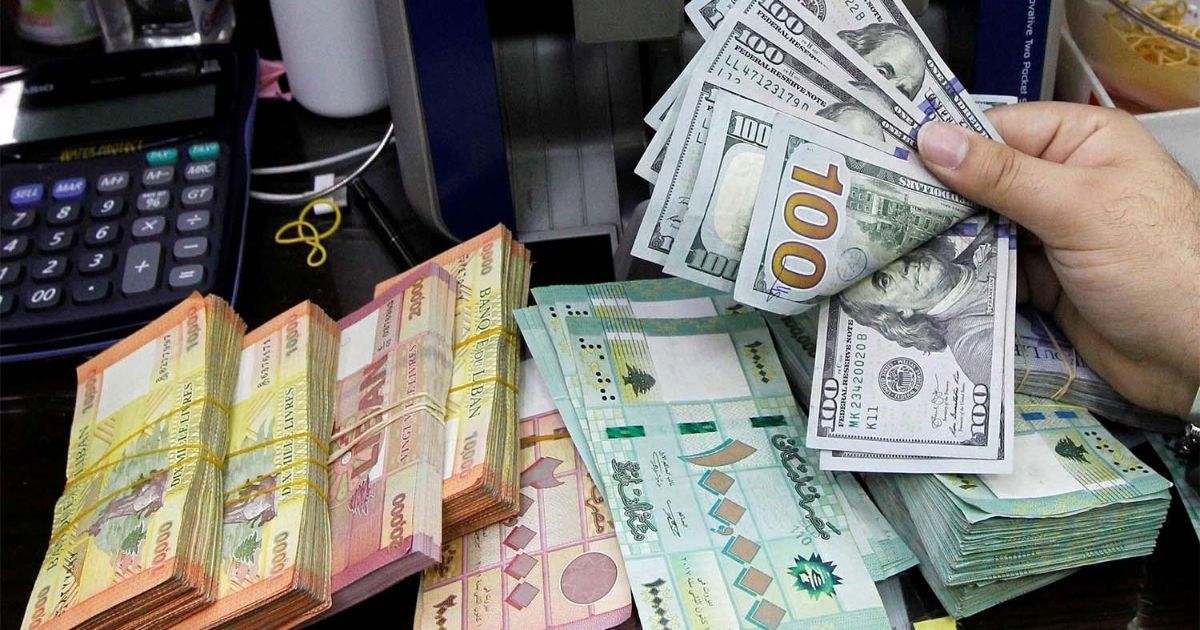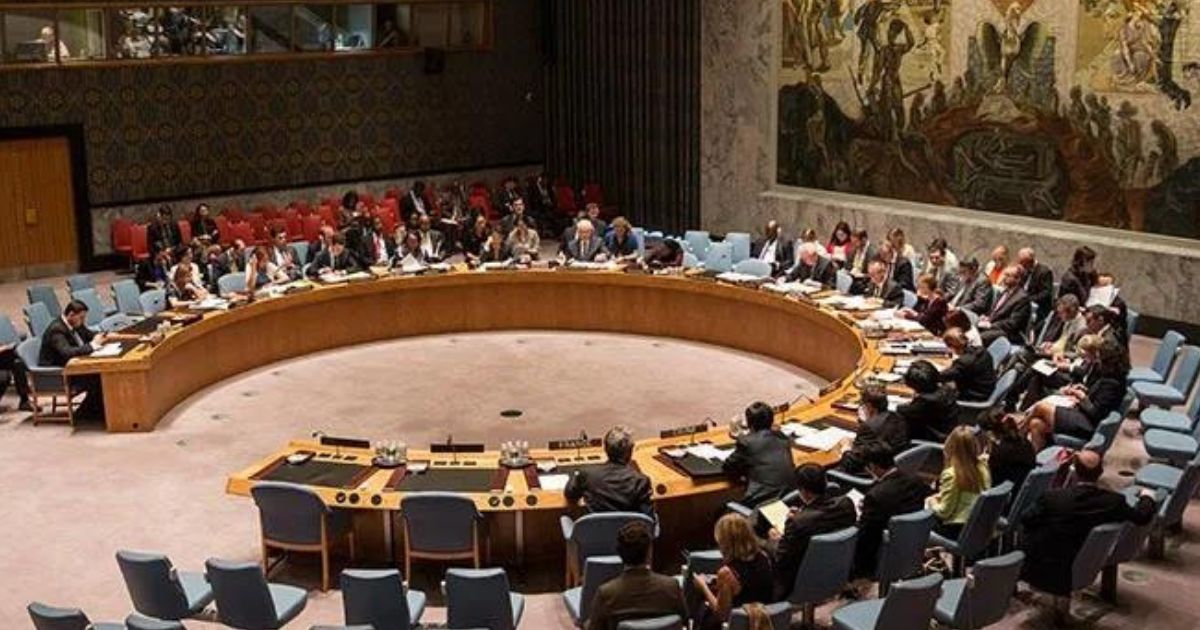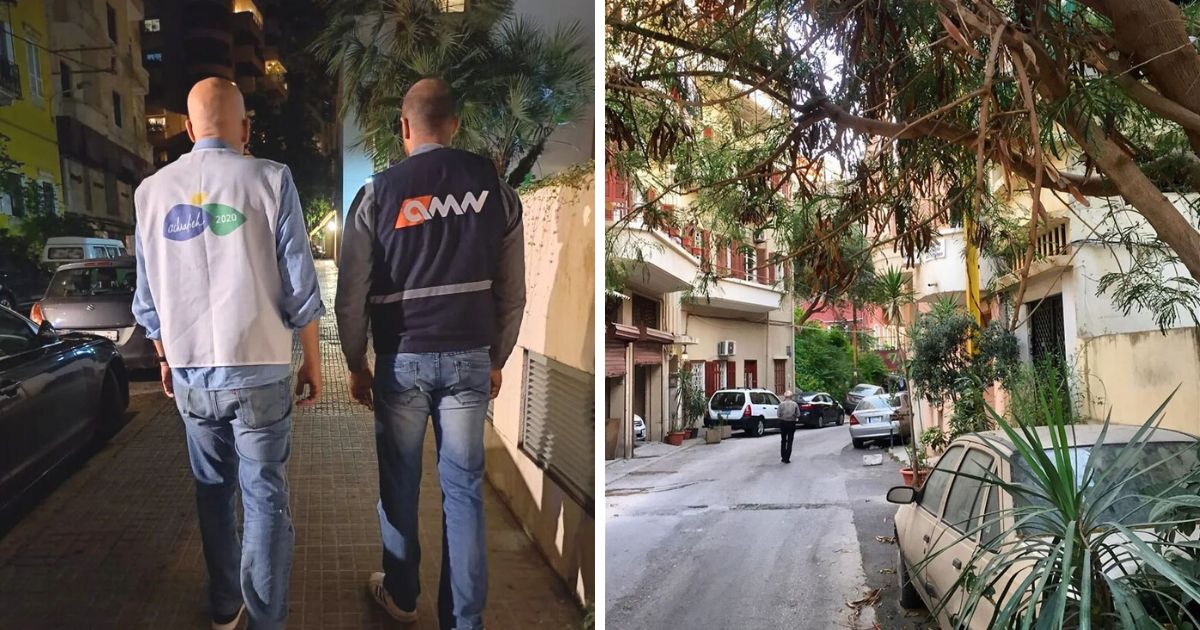Over the past two years, the economic meltdown has completely changed the lives of the Lebanese people and plunged them into misery and poverty. One of the many personal-level areas affected by the crisis is diet and the consumption of meat.
The reduced consumption of meat products, caused by the sharp rise in their prices, has caused an estimated 80% of butcher shops in Lebanon to either partially or fully close, according to Al-Akhbar.
Similarly, due to the increase in the prices of feed, vaccines, and veterinary costs, many small-farm owners have sold their farms to quell the high losses.
Not only that but the import of livestock has dropped significantly since October 2019, Elias Ibrahim, Director of Livestock at the Agriculture Ministry, told the newspaper.
Before the crisis started, Lebanon would import five livestock shipments on a weekly basis, amounting to about 20,000 cows per month, from Eastern Europe and various countries.
At the time, Lebanon was among the top consumers of red meat in the region. Now, “several companies are sharing the import of a small ship carrying about 3,000 cows per month,” Ibrahim said.
It’s also worth mentioning that the persistent power cuts, caused by the nationwide shortage of fuel, have been leading to the spoilage of meat products, contributing to the alarming rise in food poisoning cases in the country.
Nevertheless, food poisoning is not only coming from meat products, as even salads in Lebanon have been found to harbor high levels of E. coli.
















